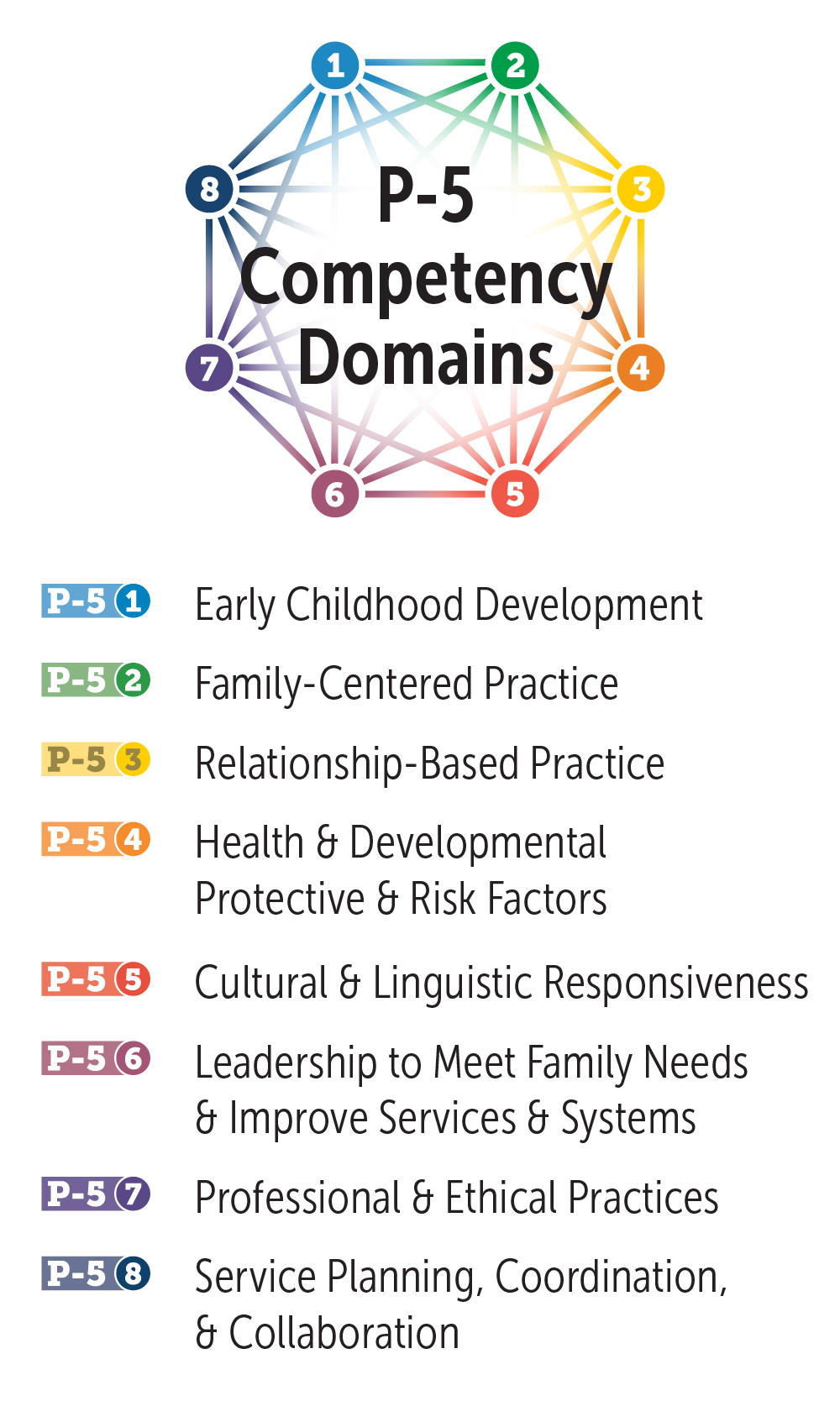
AC21 - C1 - At the Feet of Storytellers: The Development of Early Relational Health Conversations
We describe findings from an investigation of thoughts, observations, and experiences of African American families and HealthySteps Specialists of color with Early Relational Health (ERH) screening. Findings led to development of Early Relational Health Conversations, a family- and culture-centered model for ERH screening. Eight components and implications for antibias practice will be presented.


Marie-Celeste Condon
Assistant Professor, Center for Child and Human Development
Private Practice
Marie-Celeste Condon, PhD. is a therapist, reflective consultant and supervisor, and mentor in Infant & Early Childhood Mental Health (IECMH), in private practice. Dr. Condon has over 30 years of experience working with infants, toddlers, young children, families, practitioners, and community members in a variety of settings in Texas, the Midwest, Pacific Northwest, and Nicaragua. Settings include home visiting programs, Children's Hospitals and pediatric primary care settings, early childhood schools and childcare centers, Early Support for Infant and Toddler (ESIT) programs, Early Head Start, a community-based poverty alleviation program, and a residential parenting program in a women's correctional facility. Dr. Condon's interests include family- and culture-centered approaches to promoting early relational health (ERH); operationalizing antibias and diversity-informed practices in IECMH; intergroup dialogue; centering equity for transformative reflective consultation and supervision; and facilitating partnerships with families and communities as investigators and agents of change in ERH. Dr. Condon completed her Masters in Early Childhood Special Education at the University of Houston at Clear Lake, and doctorate in Social Welfare at the University of Washington. Her early research was on parent-child relationship assessment, the experiences of babies living with incarcerated mothers in a prison nursery, ERH promotion and screening. Dr. Condon specializes in qualitative, reflective, community-based participatory action approaches to research. She is a mother, and a volunteer puppy raiser for Guide Dogs for the Blind.
Dominique Charlot-Swilley
Program Director- HealthySteps/Clark Parent Child Network
Georgetown Center for Child and Human Development/Childrens National Hospital
Dominique Charlot-Swilley, Ph.D. is the Director of Provider Wellbeing Practice and Expert Advisor/Technical Assistance of HealthySteps for Early Childhood Innovation Network (ECIN) and Assistant Professor, Center for Child and Human Development. Dr. Charlot-Swilley's work is co-situated at Children's National Medical Center and the early childhood sector. During her work at Children's, she and her colleagues developed a Provider Wellbeing Program for medical providers to help address compassion fatigue, burnout, and vicarious trauma. Dr. Charlot-Swilley has transitioned her mindfulness wellness work to the early childhood workforce. She is also co-investigator of a Substance Abuse and Mental Health Services Administration (SAMHSA) grant for early childhood which aims to increase the capacity of early childhood educators to recognize and appropriately respond to the social emotional health of young children. Prior to joining Georgetown and Children's, Dr. Charlot-Swilley served as a faculty member at Johns Hopkins University, adjunct professor at Howard University, George Washington University, and Montgomery College, Takoma Park, and was Assistant Director of a private practice in Maryland. Dr. Charlot-Swilley has over twenty-five years' experience working with birth to five population and served as an Infant & Early Childhood Mental Health Consultant for the Head Start Grantee Office in the District of Columbia. Dr. Charlot- Swilley has also worked on a variety of public and private child and adolescent mental health research initiatives. Dr. Charlot-Swilley completed her M.S. and Ph.D. in Clinical Child Psychology at Howard University with a focus on ethnic minority mental health. Her early research work was on parent- child attachment among Caribbean mothers at Jackson Memorial Hospital, University of Miami. She has conducted training on trauma and youth violence prevention in Haiti and South Africa. She is married and the mother of three daughters, a singleton and identical twins.
Tininka Rahman
Senior Advisor Birth-to-Three Policy , Communications and Partnerships
Childrens National
Tininka T. Rahman is the Director of the Infant-Toddler Pillar of the Clark Parent-Child Network at Children's National Hospital. She has over 20 years of experience developing, implementing and managing program services for youth and families in the District of Columbia. She has managed several federally funded community research projects and developed interventions to address secondary pregnancy prevention in adolescents, decreasing health disparities among young families and improving educational outcomes for adolescent parents. Prior to her current position, she managed a comprehensive primary care program for adolescent-headed families and a home visiting program for first-time parents. Tininka is dedicated to advocating for families in the District of Columbia and working to address the health disparities, achievement gaps and other inequalities that exist in the community. She has a Bachelor's degree in Nursing and a Master's in Healthcare Administration. Tininka is a native of the Washington D.C. region and is married with three daughters.

